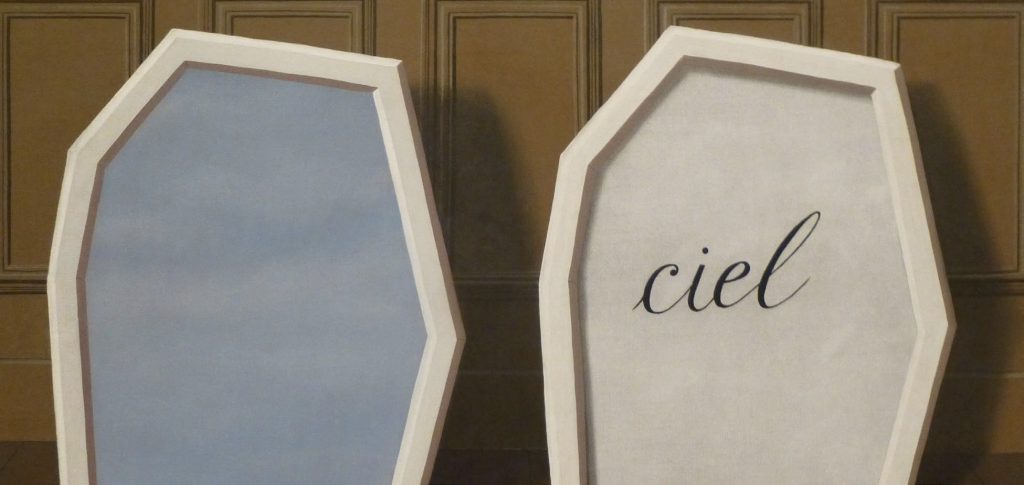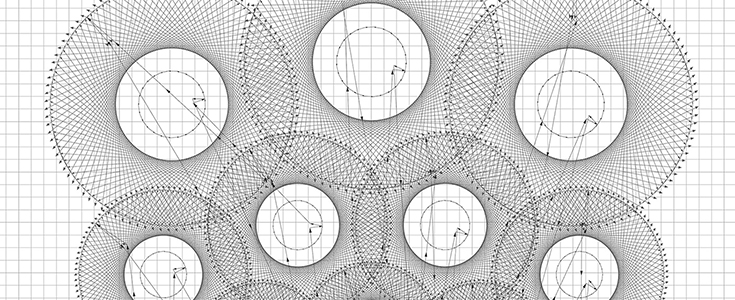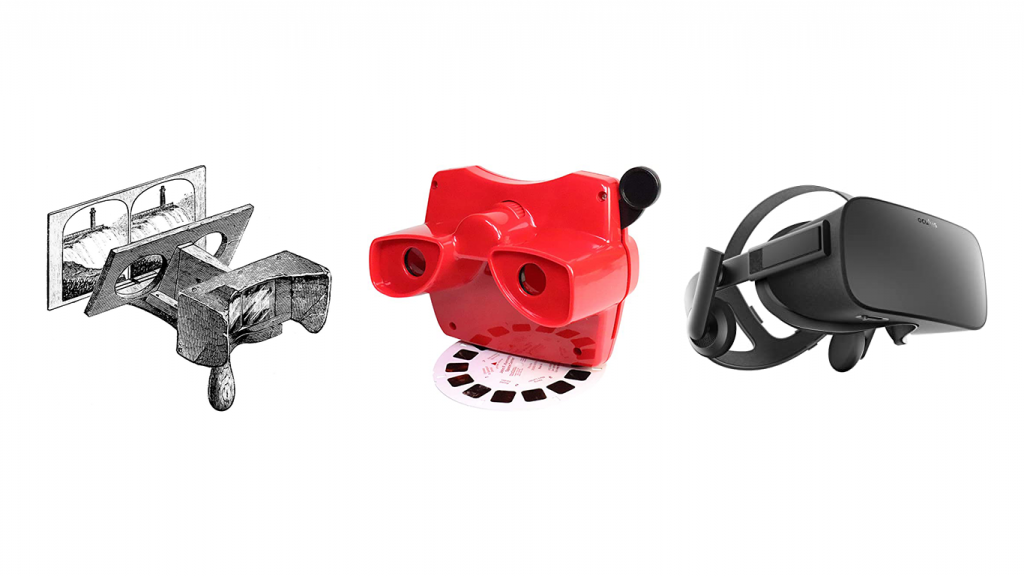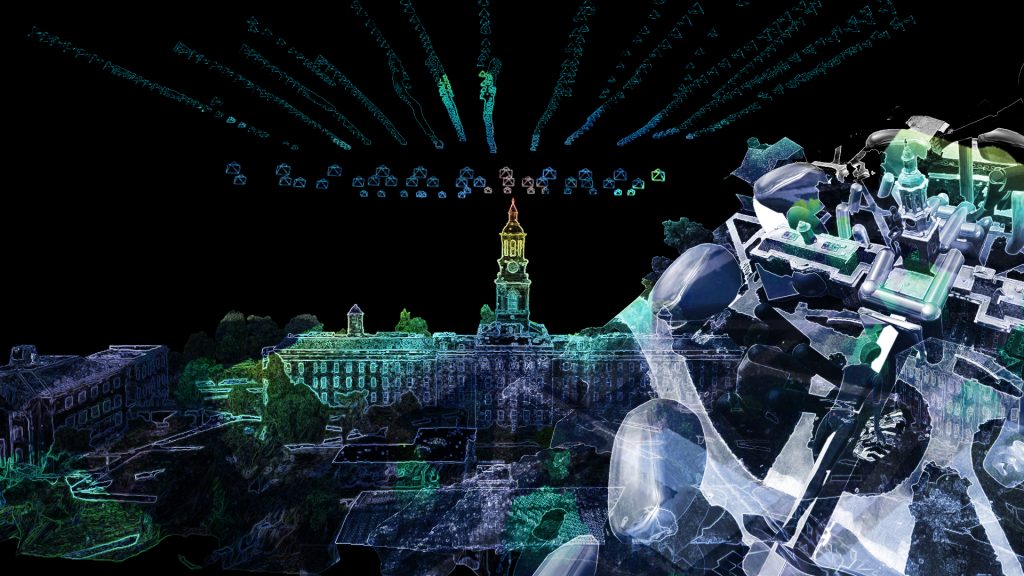Instructor: Nick Bruscia
ARC 619
Spring 2020
DESCRIPTION:
This course will explore the notion of manufacturing variety as influenced by the role of representation in the design and fabrication process. Now ubiquitous, CNC machining is a standard extension to the aspects of design thinking that relate to manufacturing. However, while CAM software can optimize and precisely control many machine tasks, it often acts as a barrier to innovation as it relies on a predetermined catalog of common machining operations. Bringing renewed optimism to digital fabrication, our work this semester will rely on a more creative approach by practicing a more agile and customizable workflow between digital models and contemporary manufacturing techniques.
Although the course is hands-on, we will discuss two ideas that have an ancient connection; the notion of the drawing and the notion of the tool. The contemporary automation of this relationship has allowed the abstract world of drawing to directly impact the physical world, but automation presents the risk of making the link between drawings and manufacturing illegible.
Our work will be centered around CAMel, a yet to be released Rhino/Grasshopper plugin that converts associative digital models to machine instruction, creating a legible connection between representation and the actual behavior of the machine. The intent of our design work will be directly related to the parameters of manufacturing, and we will allow the workflow to yield unexpected results as the visualization is less related to the fabricated product.
It may be worth revisiting David Pye’s distinction between certainty and risk; the former defining a result as an outcome of a process that is outside the control of the designer, and the latter defining a result as an outcome that is determined during a process that depends on judgement and dexterity. Our work may exist somewhere between, perhaps as an unregulated craft that may better relate manufacturing parameters to design considerations.
Class time will be split between hands-on workshops of various modelling techniques in Grasshopper/CAMel and design thinking/feedback. We’ll focus on multi-axis machine movement and will develop projects that explore the potential of creatively controlling the 5-axis waterjet cutter in the SMART Fabrication Factory. Previous experience is not required.





